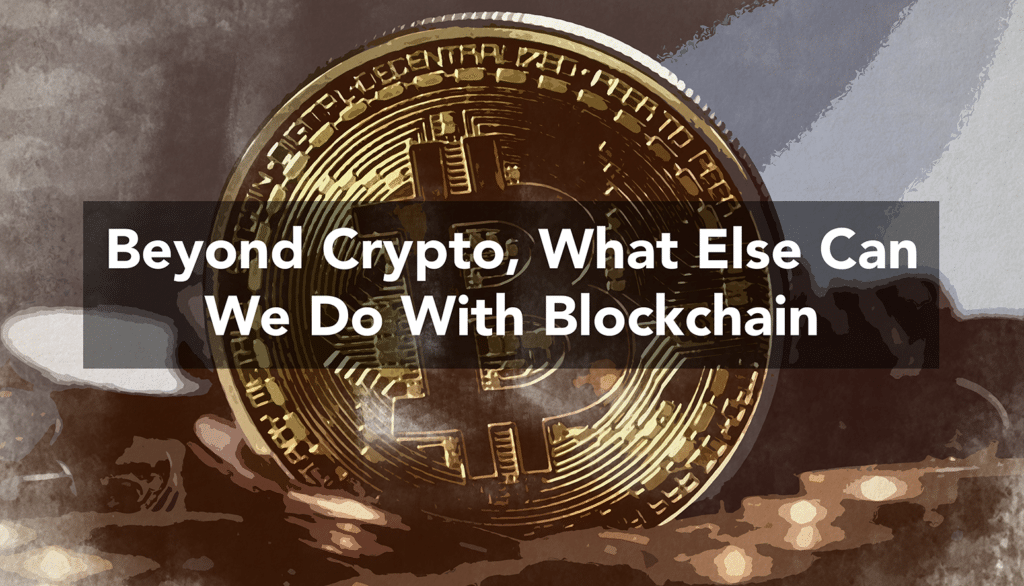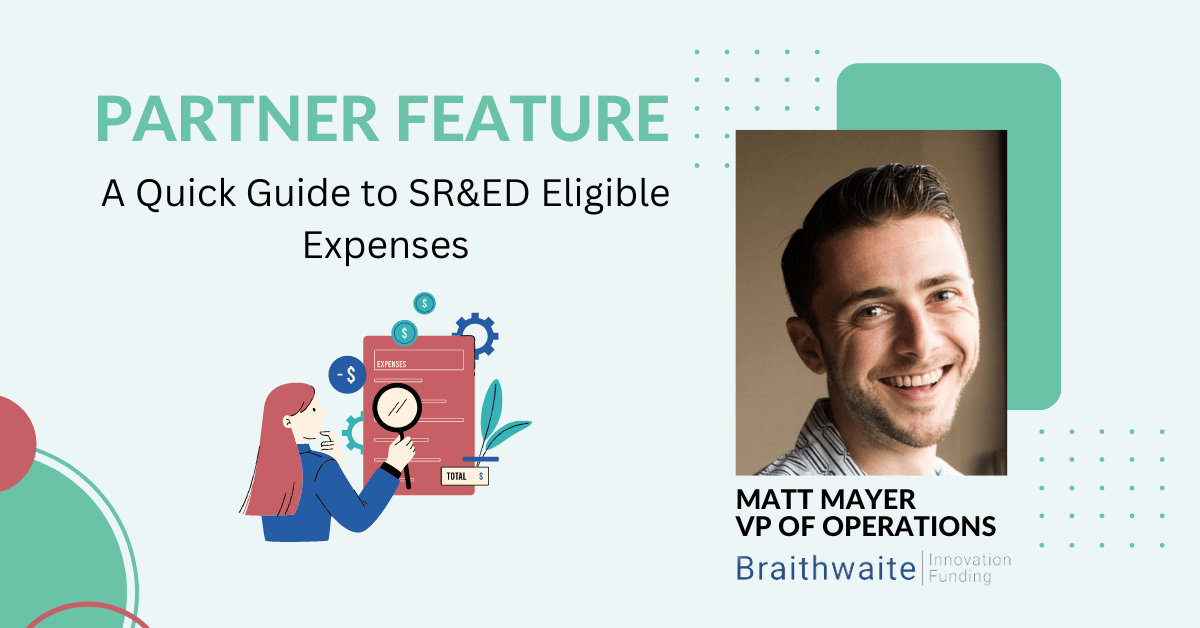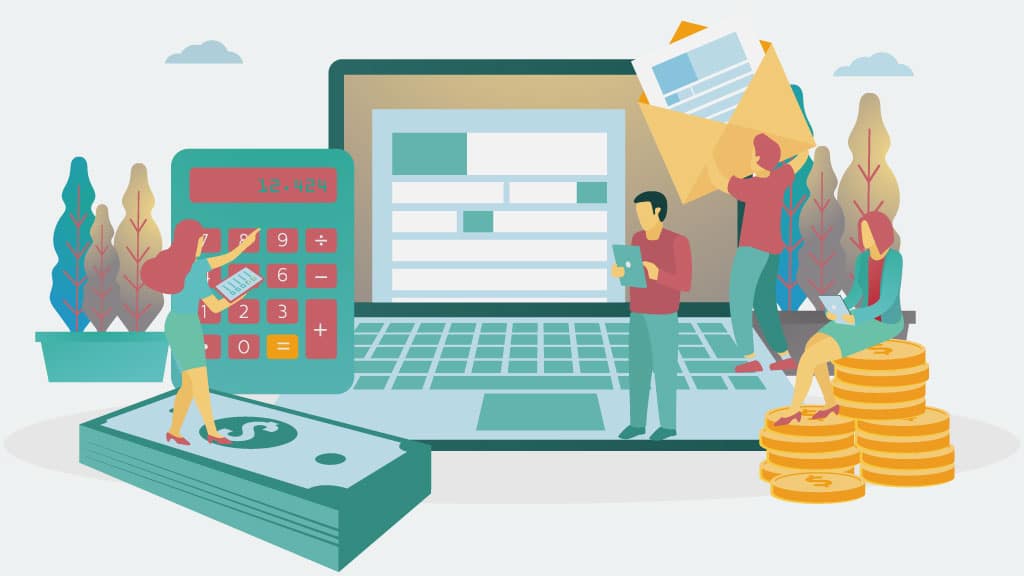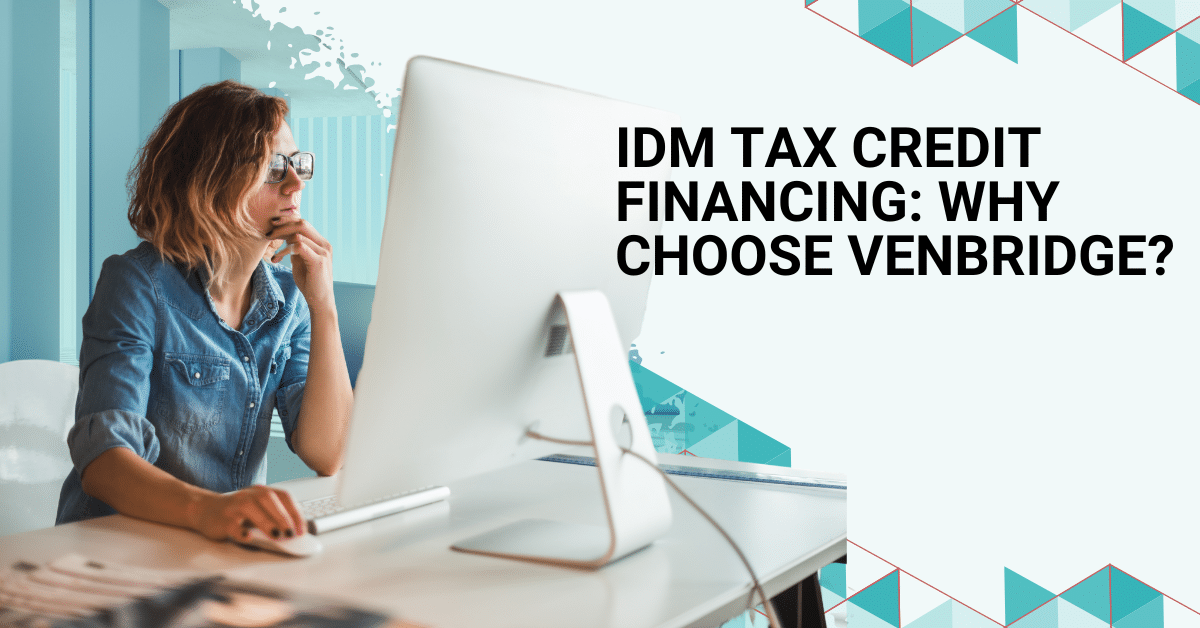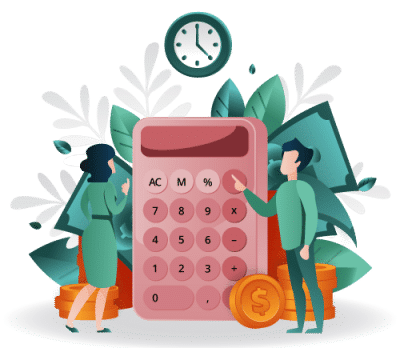Before 2008, mainly in the nineties, there were many attempts to create digital money but all of them failed. In late 2008, Satoshi Nakamoto (who is basically the father of bitcoin) succeeded in his mission in building a digital cash system. This he achieved by building a system with decentralized control (blockchain), which is a public transaction database, functioning as a distributed ledger. Blockchain was his biggest invention and Cryptocurrency was just a byproduct. Each Bitcoin is worth thousands of dollars today, but it is the technology behind it that is the exciting part.
Blockchain, in layman’s terms, is a public ledger where transactions are recorded and confirmed anonymously. It’s a record of events that is shared between many parties. More importantly, once information is entered, it is unique and cannot be altered or moved. This last year, Mark Zuckerberg’s New Year post mentioned ‘decentralization’, obviously referring to the blockchain. He made mention of his interest in studying the positives and negatives of blockchain technology and how to incorporate it into their services.
Here are some of the most interesting uses of blockchain in development today:
IN HEALTH
IT experts view blockchain as a way to securely share medical records, protect sensitive data from cyber-attacks, and give patients more control over their personal information.
In sharing medical records, the data that would be in a Blockchain is public but infinitely more secure than traditional information storage which is centralized. Using Blockchain in medical records, patients would only have access to their medical data using a private chain piece – Think of it like everyone gets their own link of the chain that has all of their information on it. Because of this, blockchain could solve the problem of prescription drug sourcing – Regardless of how many medical professionals an individual sees, all prescribed medications would be stored on their chain link, and this chain link could not be altered.
GOVERNMENT SERVICES
Another use of blockchain that is currently being developed is in creating a system to distribute public goods to citizens, particularly when it involves personal interaction and individual identification.
- IDENTIFICATION SERVICES: Security is one of the highlights of blockchain technology. The tech can be effectively utilized for managing passports, national identification cards, and voting identification, birth certificates, wedding certificates and many more. Everything, all in one place, eliminating the risk of fraud.
- LAND TENURE: An agreement was signed by the government of Honduras in 2015 with a US startup called Factom to use blockchain for the management of land title registration, fraud, and corruption. In Ghana, Bitland used blockchain technology to manage land titles and settle land disputes. Sweden is currently in the process of successfully implementing its own land title blockchain registration projects.
- TACKLING CORRUPTION: Blockchain may not entirely wipe out the problem of corruption but it can help to minimize it. How? If effectively implemented over the years, blockchain technology can help in transparency and accountability. In relation to government funds, money meant for a certain purpose can be released via the blockchain, and could only be redeemed via the blockchain for approved transactions. Meaning, government funds could not be used for unapproved purchases, or with shady vendors. The British government is currently eyeing blockchain for storage and management of the database that is responsible for student loans and government grants.
- PREVENTION OF VOTER FRAUD: Questions about cybersecurity and voter fraud have been a mainstay of elections in the United States for the past two elections. This isn’t the first time voter legitimacy has been questioned in a developed country, and it might not be the last, but blockchain could help curb some of these issues. Blockchain technology can provide a secure electronic vote-counting system. This system can secure voter registration, accounting for the voters’ identification, and ensuring that votes cannot be tampered with later – remember, once information is added to the chain, it can’t be deleted or changed. The same way blockchain acts as a public ledger for Cryptocurrencies, it also creates a permanent and public ledger for votes as tallied—Check out a startup called FollowMyVote for more information on this utilization of blockchain.
CREATION OF FINANCIAL AVENUES
This is going to sound weird, but the blockchain platform is working to bridge the poverty gap around the world. Blockchain can act as a financial institution for people without bank accounts. All it takes is having access to the internet and money can be conveniently accessed – which if you look at countries with high mobile phone usage like India and China, this gives individuals in villages access to banking they never would have had previously.
Sorry banks, since blockchain is a decentralized system, it means charges incurred in transferring money are reduced (or eliminated). Last year alone, the total cost incurred in sending money to Sub-Saharan Africa was over $30 billion. BitPesa, a platform that sends and collects crypto payments between Africa and the rest of the world, is an excellent example of the positive effects and economic freedom blockchain technology can offer.
DECENTRALIZED SOCIAL NETWORKING SITES
Social networking sites are centralized and are prone to censorship of information and hacking. Decentralized social media platforms such as Steemit are mitigating this.
DISTRIBUTED STORAGE
We all use services like Dropbox to store our files online, and it’s possible for Governments to force companies like Dropbox to disclose data if required. However, due to the decentralized nature of the Blockchain, data can be stored on different computers on the network with high encryption. This can reduce costs, increase privacy, and accessibility.
Blockchain, as both a technology and an industry, is still largely undefined. We’re in exploration mode, far away from any established uses for the tech. More research and tests are constantly being carried out to get more out of this exciting innovation.
Visit venbridge.com for more details on non-dilutive venture debt, SR&ED Financing, and tax credit consulting services. Venbridge’s services allow you to maximize your government tax incentives, better manage cash flow, and invest more in the areas you need. If you’re a blockchain startup, give us a call and we can help you with your SR&ED filing!
Venbridge
+1-833- 386-3632
